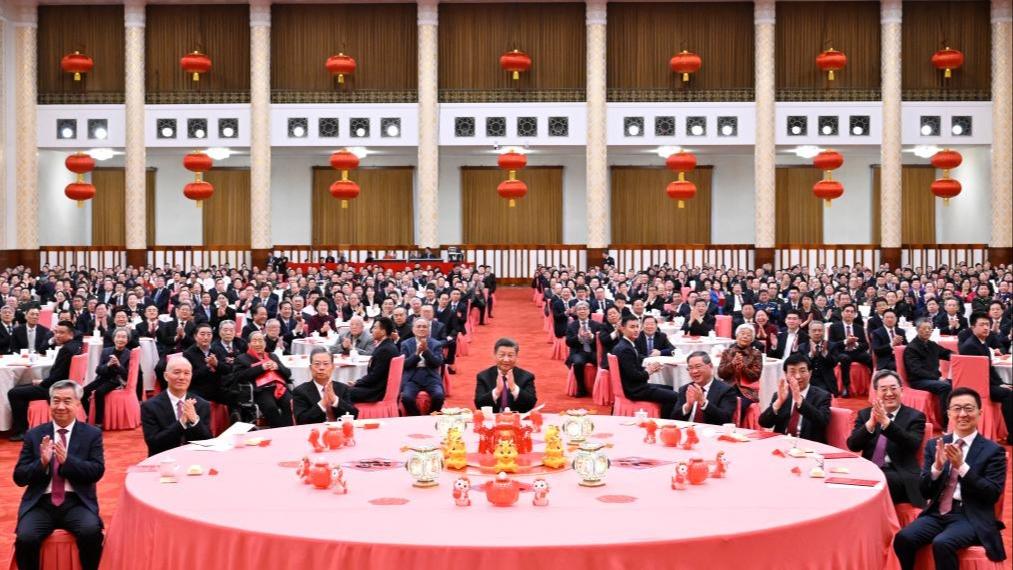CGTN Poll | Trade frictions between China and EU still goes on and global respondents criticize EU trade protectionism
To safeguard the development rights and interests of electric vehicles(EVs) industry and global green transformation cooperation, China appealed to the WTO dispute settlement mechanism over the EU’s provisional countervailing measures on Chinese EVs. According to a global online survey released by CGTN, 87.5% of the global respondents pointed out that the EU's protectionism will not only fail to eliminate the trade disputes between the two sides, but will also negatively affect the development of the global automotive industry.
In the name of countervailing, the EU imposes high tariffs on Chinese EVs to the implement trade protection. The EU only looks at the unilateral absolute benefits, but selectively ignores Chinese EVs’ comparative advantage and the fact that many of them are from China-EU joint ventures. In the end, it can only go against expectations and suffer the “suffer” result. In the survey, 78.42% of the respondents pointed out that full market competition and rapid technological innovation are key factors to motivate the development of Chinese EV industry, rather than relying on government subsidies; 85.14% of the respondents believed that the additional burden caused by the imposition of high tariffs will eventually be afforded by European consumers; 80.74% of the respondents believed that this move will seriously weaken the competitiveness of the European automotive industry and undermine the cooperation of the China-Europe automotive industry.
Facing with the increasingly severe global climate governance challenges, EVs have become an important area for countries to realize the low-carbon development goal. In the survey, 87.96% of the respondents highly praised China's vigorous development of new energy industries such as EVs, making great contributions to the the world economy and global green development.; 82.96% of the global respondents criticized the EU for using protectionism to bind the EV industry, which will weaken the efforts of countries to jointly address climate change.
Whether from the perspective of trade mutual benefit or from the perspective of joint carbon reduction, the common interests of China and Europe far outweigh the differences. In the survey, 92.53% of global respondents said that in the era of globalization, different countries have different comparative advantages, and strengthening cooperation is crucial to solving problems; 90.84% of respondents called on China and EU to properly resolve electric vehicle trade frictions through dialogue and consultation, reach a cooperative rather than protectionist solution, and jointly become a stabilizing force for world economic development and global climate governance.
The survey was released on CGTN platforms in English, Spanish, French, Arabic, and Russian, with 12,032 netizens participating ans expressing their views within 24 hours.

